# $EU $MIN $LIT #EnergySecurity #CriticalMinerals #SustainableFuture #EUInitiative #Investment #Geopolitics #SupplyChain #GreenTransition #EnergyIndependence #MiningInnovation
How Can the EU Boost Its Energy Security with Critical Minerals? Discover the Urgent Strategy!
The European Union finds itself in a precarious position as it navigates the challenges posed by Chinese export restrictions on critical minerals. In the latest energy news, the European Initiative for Energy Security (EIES) underscores the pressing need for the EU to enhance its mineral supply chain. This report, released today, emphasizes the urgent call for increased funding to secure essential resources vital for energy transition and technological advancement.
Understanding the Current Landscape
As the geopolitical landscape shifts, both China and the United States actively pursue agendas that prioritize capital investment in critical minerals. The absence of a robust European financial framework exposes the continent’s vulnerabilities in attracting the necessary investments to develop critical mineral value chains. The EIES report highlights this issue, stating that without strategic investment, Europe risks falling behind in the global race for energy independence and technological innovation.
The European Union’s reliance on external sources for minerals essential to renewable energy technologies, such as lithium, cobalt, and rare earth elements, poses significant risks. If the EU does not act swiftly, it may find itself at the mercy of foreign powers, which could impede its green transition efforts and energy security.
Strategies for Action
To address these challenges, the EU must adopt a multi-faceted strategy that includes:
1. Increased Funding for Exploration and Mining: The EU should allocate more resources to explore and develop domestic mineral deposits. By investing in local mining operations, the Union can reduce dependence on imports and strengthen its supply chain.
2. Public-Private Partnerships: Collaborating with private sector players can enhance investment flows into critical minerals. Public-private partnerships can facilitate the sharing of risks and rewards, making projects more attractive for investors.
3. Research and Development: Fostering innovation in mining technologies and recycling can increase efficiency and decrease environmental impact. Investing in R&D can also uncover new sources of critical minerals, ensuring a sustainable supply.
4. Strengthening Trade Relations: The EU should seek to establish stronger trade agreements with mineral-rich countries. By diversifying its sources, Europe can mitigate risks associated with over-reliance on any single nation.
5. Advocating for a Comprehensive Policy Framework: A coordinated effort among EU member states is crucial. Establishing a comprehensive policy framework that prioritizes critical minerals will enable the EU to develop a cohesive strategy for energy security.
The Path Forward
In conclusion, the European Initiative for Energy Security’s report serves as a wake-up call for EU policymakers. To remain competitive in the global market and secure energy independence, Europe must take decisive action to develop its critical mineral supply chain. The time for a unified approach is now. Implementing these strategies will not only bolster the EU’s position in the energy landscape but also contribute to a sustainable and resilient future.
For more insights into the intersection of economics and energy security, explore our stock analysis and stay informed on the latest developments in the energy sector. Additionally, if you’re interested in the evolving world of cryptocurrencies, consider checking out this resource for up-to-date information.

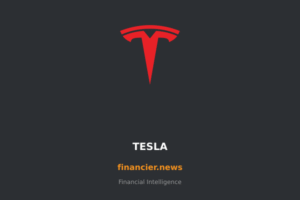
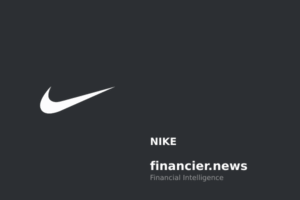
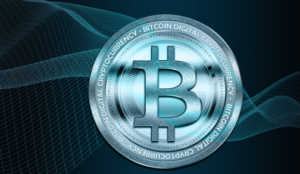

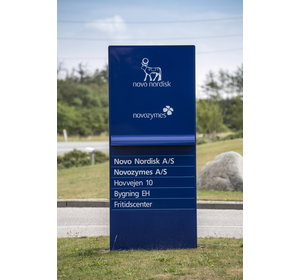

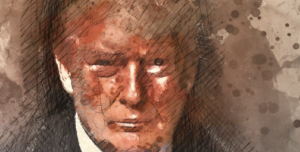



Comments are closed.